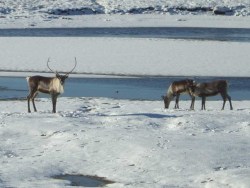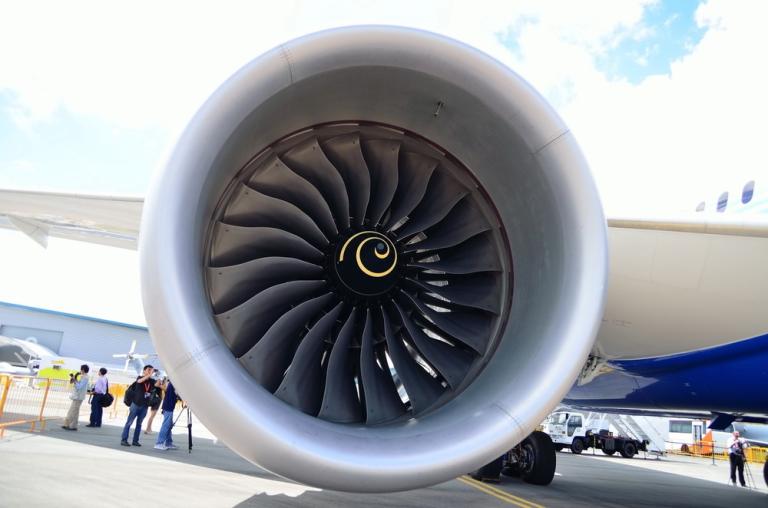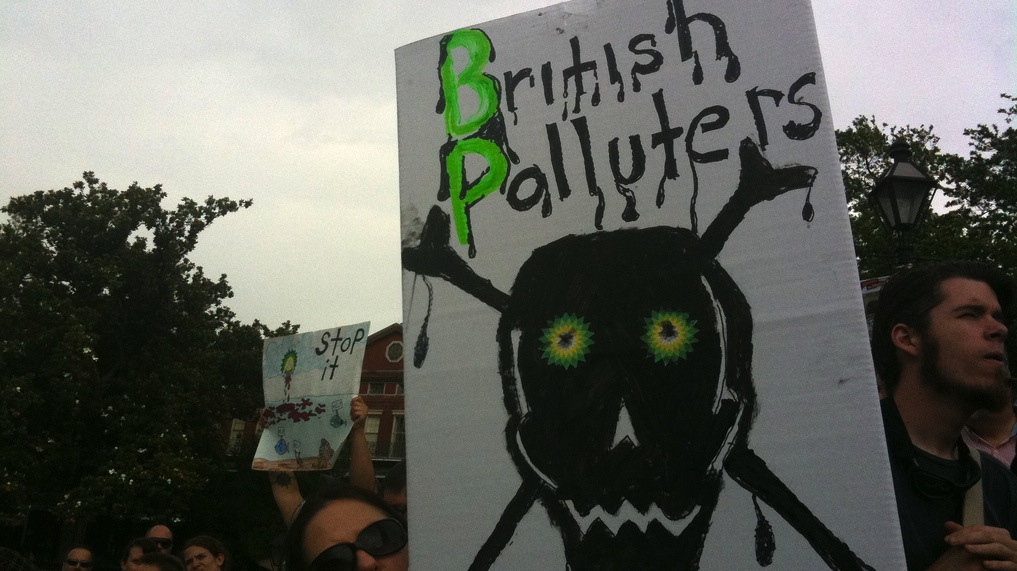
ARM Climate Research FacilityThese North Slope caribou stand to gain nothing from BP’s drilling blitz.
Not content with wrecking the Gulf of Mexico’s ecosystem, BP has announced that it is expanding its operations at the far northern end of the country, on Alaska’s North Slope.
BP plans to increase its spending in the region by $1 billion over five years, increasing its fleet of oil rigs at the North Slope from seven to nine by 2016.
The announcement came after state leaders reduced taxes on oil companies. In May, Gov. Sean Parnell (R) signed legislation that cuts oil taxes to a flat 35 percent — down from a progressive tax that went above 50 percent during times of high prices.
The British oil company’s new investment could help Alaska stave off declining oil production and increased competition from the lower 48 states, where new drilling techniques have spurred an oil boom in recent years. BP credited its decision to Alaska’s cut in oil taxes.
Parnell championed a tax cut as a way to increase oil production and industry investment. Production has been on a downward trend since the late 1980s, but higher prices in recent years have helped mask the impact of the decline on the state budget. Alaska relies heavily on oil revenues for its state spending.
Critics who say they also want more production fear the tax cut will blow a hole in the state budget. The proposal could cost the state up to $4.6 billion through fiscal year 2019, an estimate based on a continued net decline in production and oil prices of between $109 and $118 a barrel. The total negative fiscal impact next year alone, reflecting the impact on state revenues and the operating budget, could be up to $720 million.
There’s an effort under way to let voters decide whether to keep or repeal the tax change.
Lower tax revenues and more oil drilling? What’s not to love?




